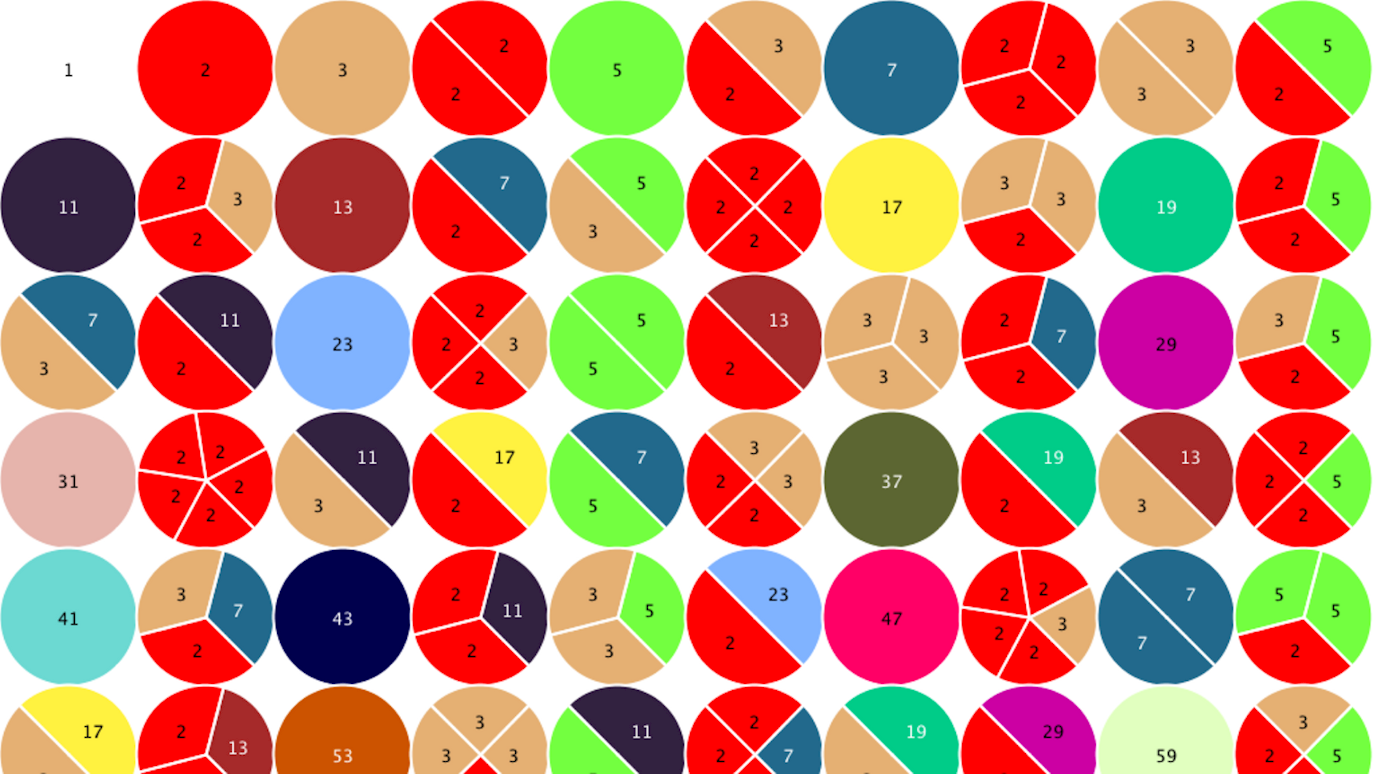The discrete mathematics group undertakes fundamental research in areas including combinatorics, algorithms and probabilistic graph theory, as well as its applications in areas such as cryptography, communications theory and information security.
Members of the discrete mathematics group are part of the research centres Algorithms and Applications, Mathematical and Theoretical Economics, Combinatorial Methods in Algebra, Number Theory and Applications, and the Information Security Group. Our collaborators live and work all over the world and we regularly welcome visitors at Royal Holloway.
Members & Interests
Professor Simon Blackburn:
My research interests are in combinatorics and its applications, especially to cryptography and communication theory, and in group theory.
Professor Stefanie Gerke:
My main interests are in the area of graph theory in general, and in random graph theory and algorithms in particular.
Professor Iain Moffatt:
I work in algebraic combinatorics, matroid theory, topological graph theory, and knot theory. My research centres on the interface of combinatorics and topology. I am particularly interested in the ways in which combinatorial and topological structures can be encoded in one another, and in exploiting such connections to solve hard problems in combinatorics and topology.
Dr Siaw-Lynn Ng:
My main research is in the fields of finite geometry, combinatorics and security protocols. My research focuses on the interaction between discrete mathematics and information security. Recent research areas are combinatorial problems in cryptography and communications, and the balancing of privacy and accountability in anonymous networks.
Professor Brita Nucinkis:
My research is in cohomological and geometric properties of groups, using methods from homological algebra, algebraic topology and geometric group theory. Currently, I am studying Mackey functors for profinite and totally disconnected locally compact groups, as well as properties of generalised Thompson groups.
Publications
Most publications of the group can be found here.
























